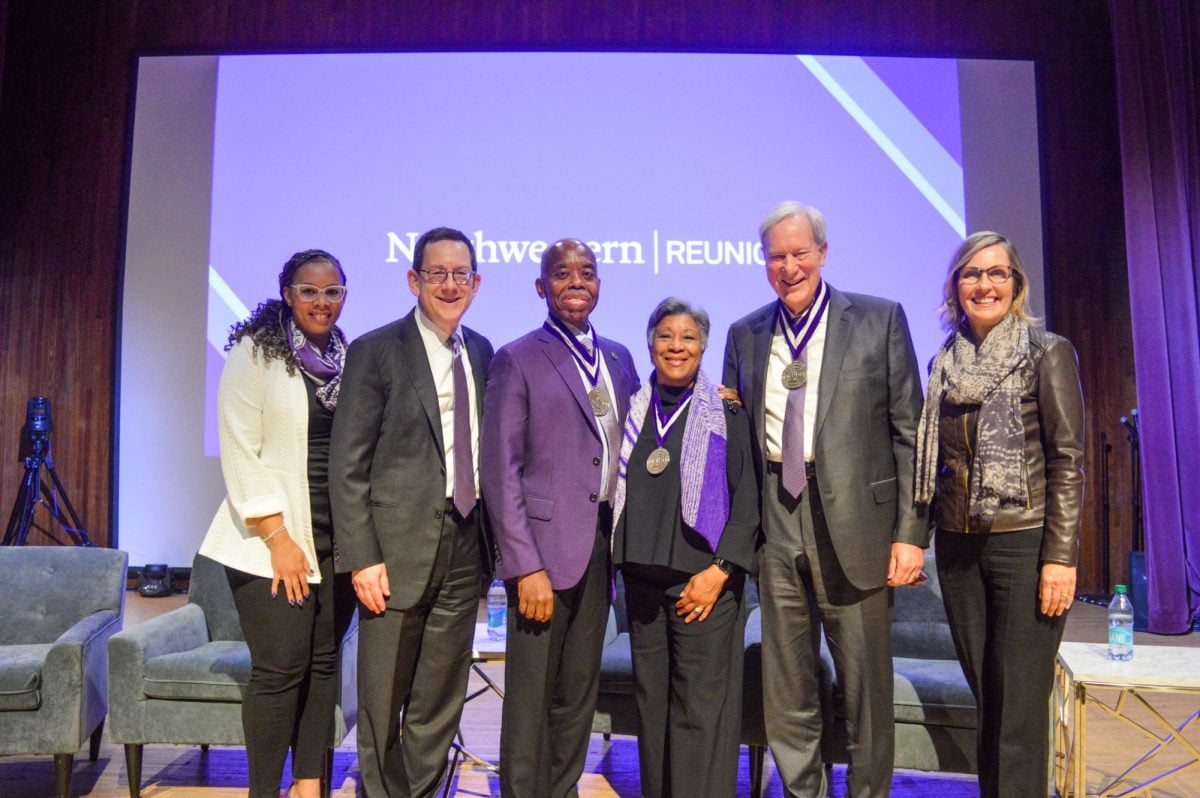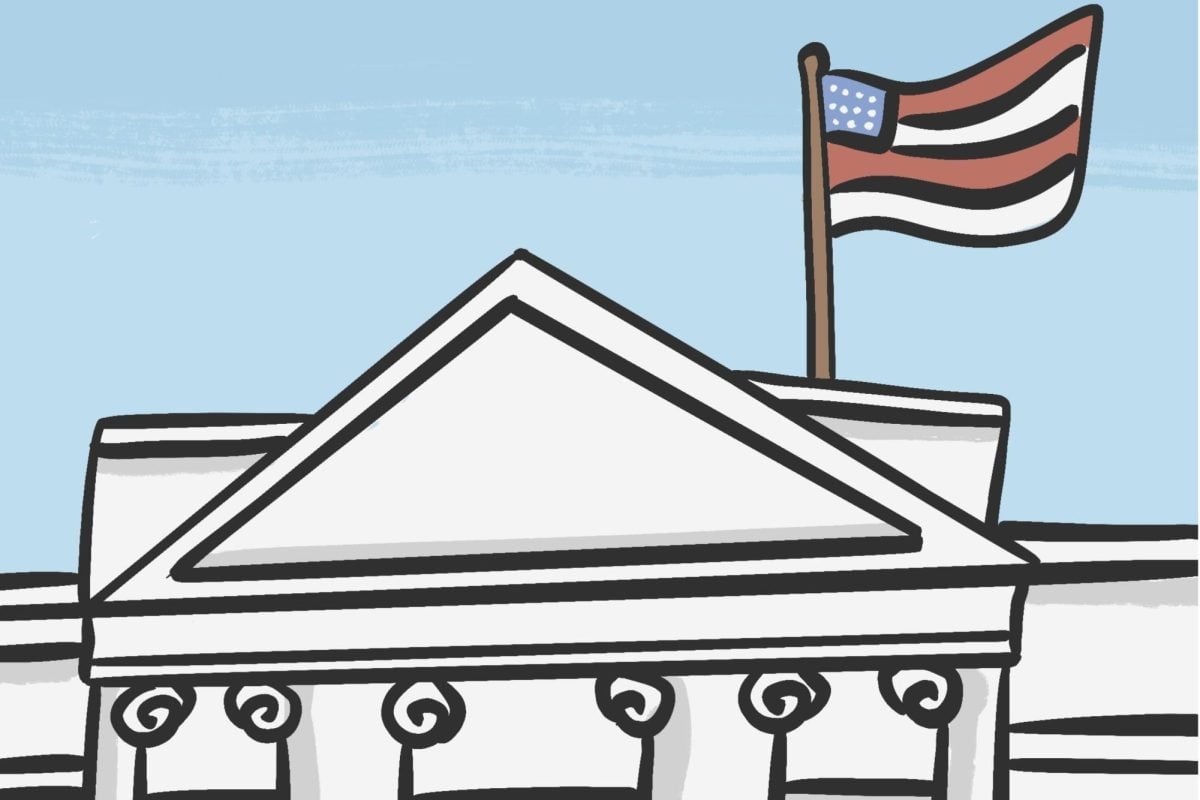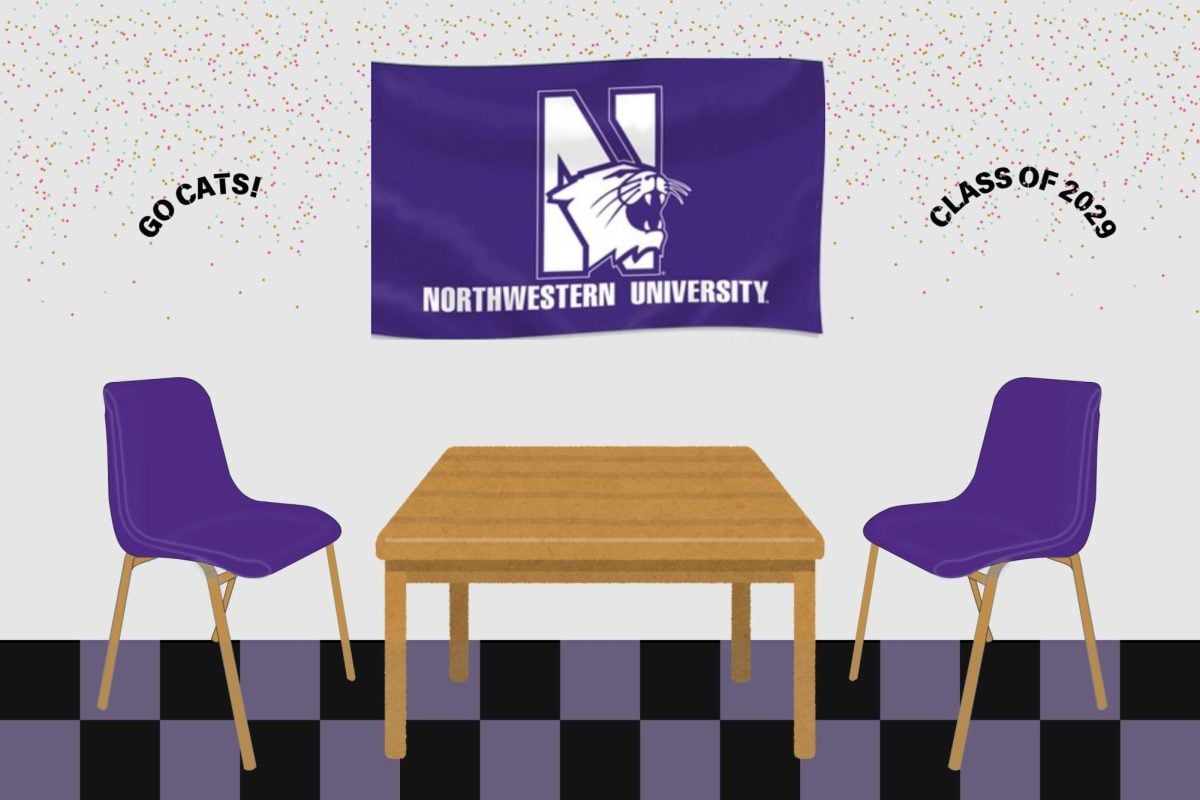Medill graduate Kendra Marr resigned from Politico on Thursday after editors noted similarities between her stories and those of other high-profile publications, Politico editors announced Thursday night.
A freelance reporter for The New York Times alerted Politico editors to likenesses between a transportation policy story that Marr, a former Daily section editor, wrote Oct. 10 and a related story published two weeks earlier in the Times, according to a recent article in The Washington Post.
Further examination by Politico editors revealed six additional instances in which Marr used descriptions and phrases closely resembling material from the Times, Scripps Howard and the Associated Press, among other publications, without attribution. Politico did not tell the Post whether its investigation was complete and would not comment beyond a letter to readers.
“Our standard at Politico is to be candid with ourselves and our readers when we err, and to move swiftly, fairly, and transparently to ensure that we maintain public trust,” wrote John F. Harris and Jim VandeHei, the editors-in-chief of Politico, in the letter. “We have added clarifications on all pieces in which we have discovered problems with improper borrowing and inadequate attribution, and will do so on any others that we discover.”
Harris and VandeHei do not explicitly call Marr’s actions plagiarism in their letter, though several publications have noted it falls under the Society of Professional Journalism’s widely accepted definition of plagiarism.
Marr (Medill ‘07), a former reporter for The Washington Post, had been assigned to the transportation policy beat at Politico Pro, a subscription-only service described on Politico’s website as targeting “political and policy professionals.”
Last May, the Chicago Tribune, in an article about the controversial tactics former Medill Prof. David Protess employed and encouraged in his signature Investigative Journalism class, reported Marr had misrepresented herself as a Census worker in a phone interview. Protess, who retired from Northwestern after Spring Quarter, has come under scrutiny for some of the tactics he encouraged his students to use in investigating potentially wrongful convictions.
Marr told the Tribune she regretted the decision, and it’s one she would not employ again.
Protess said he was surprised by Marr’s misappropriation of content and condemned any form of plagiarism in journalism.
“If I were to think of the students I’ve had over 29 years who were the least likely to plagiarize, Kendra would come to mind,” Protess said. “That said, plagiarism is inexcusable.”
Protess also said responsibility for the incident rests only with Marr, and not on Medill or its faculty.
“Whatever caused Kendra to plagiarize is on her, and she is a person who accepts responsibility for what she does,” he said. “I think it’s inappropriate to assign blame on a school or a university or a media ethics professor for what a student does years after they graduate.”
Medill received national attention in 2007 for a case of plagiarism involving a graduate student reporter for the Medill News Service. NU released a statement saying two of the student’s stories could not be verified, and the San Jose Mercury News, the Philadelphia Daily News and the San Francisco Examiner later discovered 17 instances of sources who could not be identified, according to the American Journalism Review.
Dean of Medill John Lavine denounced Marr’s actions and said he did not think the incident would tarnish Medill’s reputation.
“It’s not who we are,” Lavine said. “But I also think that media enterprises and people who read work by Medill graduates realize that the school’s reputation and the quality of work we do, which is leading this country and globally, are undeterred by what one person does, as regrettable and sad as that is.”
Lavine also pointed to Medill’s integrity code, which applies to Medill students both in the classroom and in a professional environment, as an example of Medill’s character and firm opposition to unethical behavior.
“Medill’s ethical, integrity and quality standards are among the best in the world, and there are hundreds of students who embody that every day, ” he said. “Journalists live in glass houses, and they should.”
The code says that those associated with Medill must adhere to certain “community responsibilities,” including a pledge not to plagiarize.
“To fulfill my community responsibilities, I commit to honesty and fairness and to not plagiarize, cheat, submit the same work more than once or present someone else’s work as my own,” the code says.
Some Medill students said Marr’s actions would not have a negative effect on Medill’s reputation.
“I don’t think her actions are a reflection on the standards of Medill teachers and students,” Medill senior Nicole Herman said. “I don’t think her actions would influence my own decisions or threaten my opportunities for a job.”
However, others said plagiarism by Medill students in the professional community could harm the school, especially in the eyes of potential employers.
“I do think it really reflects poorly on Medill when someone plagiarizes because people don’t hear about all the thousands of success stories that are happening on a daily basis to Medill grads,” Medill sophomore Eric Brown said.
“People just hear about the visible yet rare instance of someone plagiarizing.”






